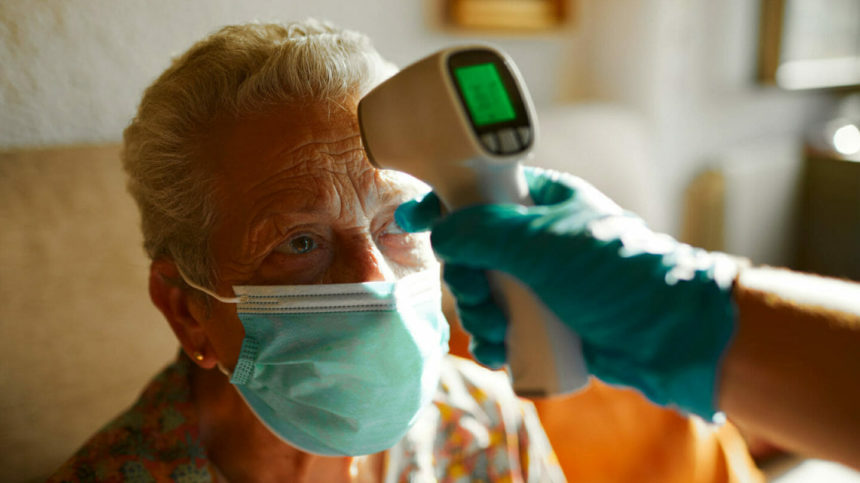
Long-term care professionals have a new opportunity to receive industry-specific board certification in infection prevention. It’s a much-needed, up-to-date chance for LTC workers to build and show their niche expertise, one industry veteran says.
The Certification Board for Infection Control and Epidemiology announced the new certification program on Tuesday. The accompanying exam will allow LTC workers to demonstrate their competence in protecting the residents and staff of LTC facilities, the organization said. The board will begin accepting applications in July. An initial testing period opens in September, and the exam fee will be $410.
CBIC said the new certification option is a first among its offerings, and that it is distinct from the organization’s more broadly applicable CIC and a-IPC certifications.
It is currently estimated that less than 10% of LTC staff who have IPC duties are certified in their field, CBIC noted. What’s more, fully 61% do not currently have specialized training, it added.
LTC knowledge base
The new certification option “has been a long time coming,” consultant Deb Burdsall, Ph.D., RN-BC, told McKnight’s Clinical Daily.

Burdsall, a 25-year LTC infection preventionist (IPC) veteran, said that the new program will allow IPCs the time to focus on what’s most important to their knowledge base. The older certification program included hours of study on topics beyond the scope of LTC, she said.
“It was challenging as a LTC infection preventionist to take the general CIC exam as it is more acute-care specific,” she said. But the new program is developed “by infection preventionists, for infection preventionists,” she added. “The developers understand the profession” in LTC.
A separate discipline
It takes a lot of interest and expertise to stay up-to-date with current information and practices, Burdsall said.
Industry IPCs “need to understand how person-centered resident care aligns with individualized infection prevention interventions such as testing, appropriate treatment, isolation, visitation, community activities, therapy and interaction with staff members,” she told McKnight’s.
Other key areas the IPC must cover include occupational health, materials management and purchasing of equipment and supplies, water management, respiratory protection, vaccinations and working with public health. In addition, it’s crucial for IPC specialists to maintain a connection with the larger infection prevention and control world in order to keep up with changes, she said.
Spurred by pandemic losses
The eligibility requirements in the new program will mirror CBIC’s original, non-specific certification. But the new certification will also acknowledge that the LTC professional is responsible for providing consultation to departments or assigned practice settings and/or direct supervision of others who have those responsibilities, Jessica Dangles, executive director of CBIC, told McKnight’s in an email.
“The new certification represents a major step forward for long-term care quality and safety,” she said further, in Tuesday’s announcement. A goal of the program is to ensure that IPCs working in those settings can demonstrate that they are capable of protecting residents and staff in an industry that has lost more than 200,000 to COVID-19, she added.
Beyond COVID-19, more than 1 to 3 million serious infections occur each year among LTC residents, according to the U.S. Centers for Disease Control and Prevention.
Related articles:
Long-term care remains in the dark about infection preventionist requirements
Lessons from COVID-19: Prioritize infection prevention and control for PALTC




